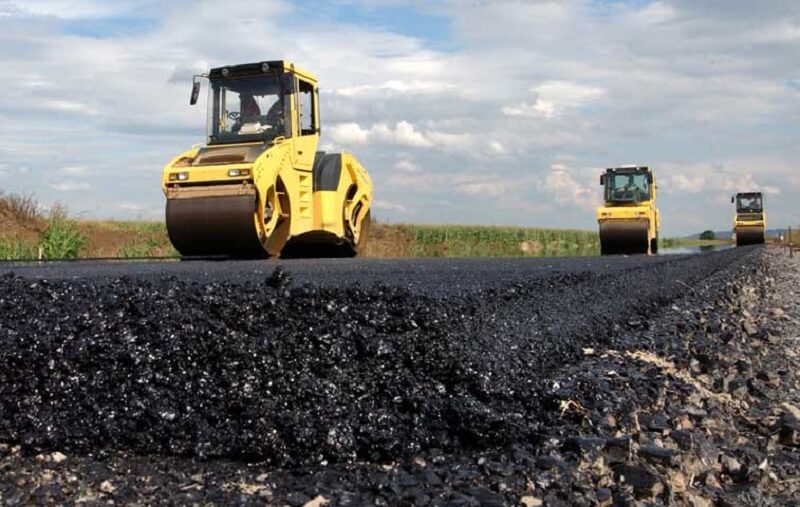When it comes to paving your driveway, one of the most common questions is: What is the right thickness for an asphalt driveway? You might not think thickness matters much, but it actually plays a huge role in how long your driveway lasts. You need to pay attention to this matter to avoid any problems in the future.
The thickness of your asphalt driveway can significantly impact its durability and lifespan. A driveway that’s too thin can crack or wear out quickly, especially with heavy traffic. On the other hand, a properly thick driveway can handle the weight of vehicles better and resist damage from weather conditions, which means you won’t have to worry about repairs as often.
Think of it like a cake. If you bake a cake that’s too thin, it might fall apart easily, right? The same concept applies to asphalt driveways. A thicker layer provides more support and can handle wear and tear much better than a thin layer.
Key Factors to Consider for Thickness of Asphalt
Several factors play a critical role in deciding how thick your asphalt driveway should be. It’s not just about making it thicker for the sake of it. Each factor gives you a better understanding of your specific needs. You cannot make a project successful until you know the key factors that can be the foundation of its success. Make sure you have a professional team by your side who have experience in the field and can help you to decide the best thickness of material according to your needs. Here we have a detailed discussion on this topic.
Let’s dive into the four key factors that you should consider when determining the thickness of your asphalt driveway.
Traffic
How many cars will use your driveway regularly? Are they heavy vehicles? Traffic is a major factor in deciding the right thickness for your asphalt driveway. The more vehicles that use it, the thicker the asphalt should be.
For most home driveways, a thickness of about two inches is common. However, if you often park heavy vehicles, like trucks, a thickness of three inches might be better. Let the professionals do their work and decide how much thickness is best for your place.
Type of Property
Driveways for homes usually see less traffic than those for businesses. Commercial driveways tend to be thicker than residential ones. You can compromise on the thickness of residential pavement but not on commercial property.
Most commercial driveways should be at least three inches thick. If heavy trucks or equipment frequently use a commercial driveway, it may need to be between four to seven inches thick. Pavement professionals will come to your place for a visit and decide which type of thickness is best for you.
Soil
The type of soil under your driveway can also affect how thick the asphalt needs to be. If the soil drains well, you can keep it as is. But if it doesn’t drain well, you might need to replace the soil, which could require a thicker layer of asphalt.
Asphalt paving companies send their professional teams to check the soil type before starting the work and make a plan accordingly. You can get in touch with professionals in your area to get an estimate. Once they are done, they will let you know the actual way and type of pavement thickness.
Climate and Weather Conditions
Consider the climate of your area. If you live somewhere with harsh winters or heavy rain, you might need to adjust the thickness of your asphalt driveway. In cold regions, freeze-thaw cycles can be a problem for your driveway.
A thick layer of asphalt will help it withstand these changes better. Similarly, in hot climates, thicker asphalt can resist deformation under high temperatures. Get in touch with professionals as they know the best type of pavement and how to make your place weather resistance.
Why Does Asphalt Driveway Thickness Matters?
Getting the right thickness for your asphalt driveway can save you time and money later. If the asphalt is too thin, it won’t handle the weight of vehicles well. This can lead to cracks appearing sooner than expected, which means you’ll have to repair them or even replace the driveway sooner than planned. By understanding the right thickness before installation, you can avoid these issues.
Don’t worry if you’re unsure about the exact thickness needed when planning your driveway. A good asphalt contractor can help you with any questions and ensure your driveway lasts for years. Get in touch with Standard Paving professionals let us do the driveaway pavement according to your area.

